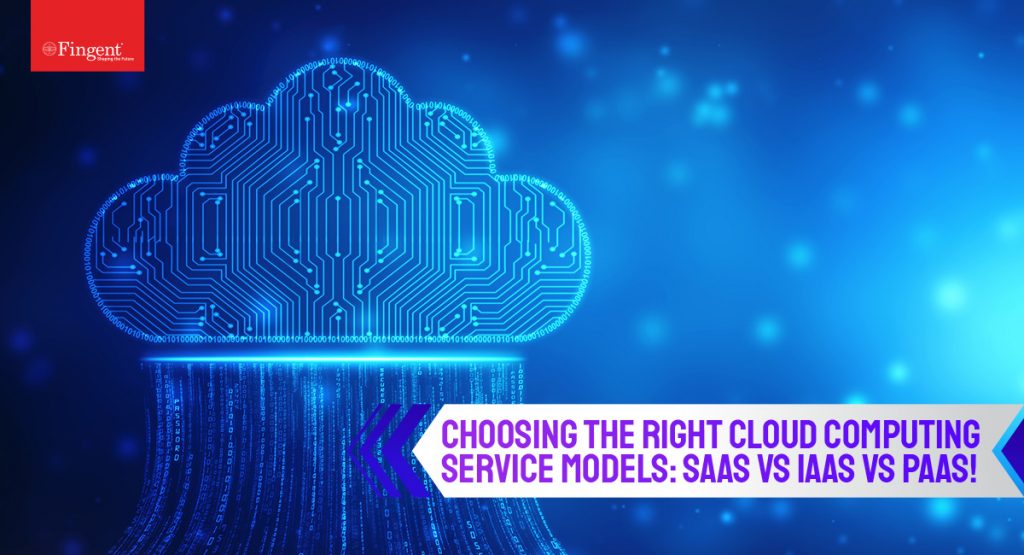Top 5 Technology Trends Driving the Growth of Healthcare
What aspect of our lives has technology not influenced right? We literally have almost everything in our lives automated and at our convenience, from home delivered groceries to mobile banking facilities. Our health too, is not left behind. With Electronic Health Records (EHRs) and other healthcare applications, there has been quite a few milestones in the healthcare industry as well.
For instance, we have wearables that allow users to monitor their heart rate or keep track of all kinds of health metrics while they are working out. We even have smartphone adaptable glucose meters for diabetics and many such other devices developed for our well being.
So, we’ve seen the beginning of technological advancements in healthcare, now where is it headed? Can we imagine a world where patients can probably be warned about a looming heart attack or an insulin shock for diabetics? With the help of all the health data collected from these wearable devices over a period of time, it could actually be possible, although we’re not quite there yet.
The road definitely seems to be leading us to that. A significant change needs to take place in the way healthcare operates currently for that world to become a reality and the good news is, it has already started!
Here are the top 5 technology trends in healthcare that are likely to create the next big revolution in the industry:
- Big data – Just like any other industry, the influence of Big data is pretty significant in healthcare as well. As healthcare is becoming more automated or digitized, the data that is collected in the process, through various points, is obviously huge, and the need to act on such data seems to be the new focus. Hence, organizations are looking for ways to store, access, as well as, garner useful insights from the data. It is a good start towards the goal of being proactive in our treatments and predicting outbreaks. It also helps in understanding diseases better and personalizing medicines and treatments, in order to improve the overall quality of care. It could even help in preventing pandemics.
- The cloud – Organizations are making more use of the cloud because of its typical benefits like lower costs, scalability, and anywhere-anytime-accessibility. It also enables easier and faster implementation of new initiatives allowing all users of the data, like patients, providers and doctors to access it anytime they need. For organizations where full-fledged cloud infrastructures are adopted for all their processes, they can save a great deal on hardware and software maintenance costs, which lets them free up resources for more important projects.
- Self-sufficiency – With the advent of more and more technologies designed to engage patients, like wearables, health metrics tracking apps, patient portals and other such developments, people feel more empowered and self-sufficient to take ownership of their own health. Such devices also help in generating data that can probably play a major role in delivering personalized medicines and treatment. Once such data is integrated into our healthcare systems, with course of time, it will lead to the growth of personalized healthcare.
- Interoperability – The healthcare system of any organization needs to connect with external entities and systems for various purposes. Now, a basic level of such interoperability is already accomplished. The focus now is on bringing about a more advanced, safe and secure level of seamless interoperability between connected systems and external sources to provide a comprehensive view of a patient’s health. This again helps in collecting meaningful data that can be used for proactive health care in future.
- The pharma and healthcare – The collaboration between the pharma and healthcare has always proven beneficial for both industries. However, due to security concerns and different data standards, it has always been quite a challenge. But now, with significant improvements in the IT sector in security and cloud computing, the impact of these impediments is reduced and both industries are able to work and collaborate more freely with sufficient transparency in their processes. This also helps in providing data, such as drug trial results, genomics research, medical images and the like to different users in different industries, which can further improve the quality of healthcare as well as pharma products.
It’s basically all revolving around the data, that is, collecting more data, extracting insights from the data and doing more with the data that is captured. Hence, organizations not only need to look for more ways to work with all the data, but they also need to make use of full-fledged data platforms that help in the management and real-time integration of data, in a safe and secure manner.
Stay up to date on what's new

Recommended Posts

02 Feb 2022 B2B
Taking A Look Back At Industry Tech!
We saw great challenges overcome, extraordinary feats accomplished as businesses fought tooth and nail to keep their doors open. It has also been a time of great innovation. While the……

15 Oct 2021
Data and AI: How It Has Transformed Over The Years And Trends To Watch Out For!
Undoubtedly, data is what we see almost everywhere, and it is enormous. And it doesn’t stop there, it is growing continuously at a level beyond imagination! Let’s have a look……

17 Aug 2021
Cloud Service Models SaaS, IaaS, PaaS – Choose the Right One for Your Business
Cloud Service Models Saas, IaaS, PaaS – Choose the Right One for Your Business Table of Contents A Quick Introduction to Cloud Service Models Why Does Your Business Need Cloud……

15 Dec 2020 Manufacturing
Top 10 Technologies That Will Transform Manufacturing in 2024
Manufacturing technologies set to hold the reins From big data analytics to advanced robotics to computer vision in warehouses, manufacturing technologies bring unprecedented transformation. Many manufacturers are already leveraging sophisticated……
Featured Blogs
Stay up to date on
what's new




















































